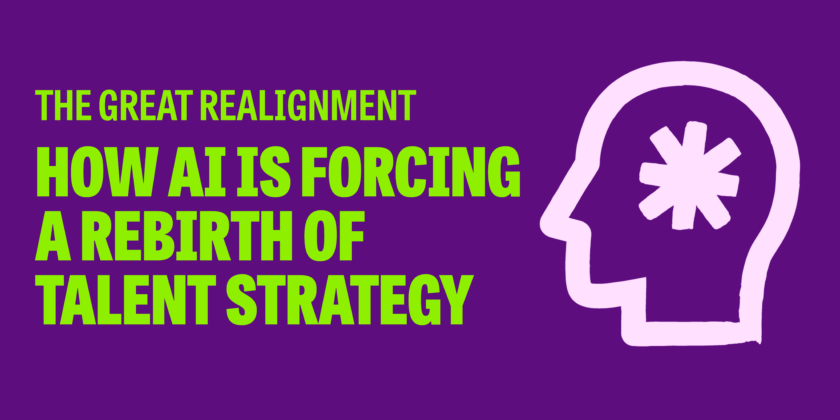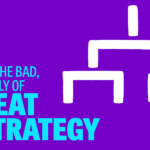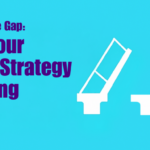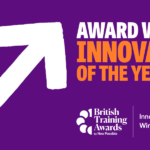Artificial intelligence (AI) is no longer on the horizon; it’s here and already reshaping the world of work. But while much of the attention is focused on tools, platforms, and automation, that’s only part of the picture.
For Chief People Officers (CPOs) and HR Directors, the real challenge (and opportunity) lies in looking back at AI holistically. This isn’t just about adopting shiny new tech. It’s about intentionally redefining how we work, lead, and support our people through profound change.
The question isn’t if AI will impact your talent strategy. It’s how, where, and to what end. And the organisations that thrive will be those that manage AI adoption with clarity, foresight, and a people-first mindset.
Why It Matters: Beyond the Tools
Yes, AI holds immense promise — from streamlining operations to unlocking predictive insights and enhancing decision-making. But tools alone don’t transform organisations. People do.
Adopting AI without first defining its purpose and potential impact on the workforce risks creating more confusion than clarity. In globally diversified companies, the complexity only increases. With regions adopting AI at different speeds and in different ways, cohesion and alignment become harder but more critical than ever.
The future of talent strategy isn’t about racing to adopt every new feature or plug-in. It’s about orchestrating a shift that aligns technology with culture, values, and long-term performance.
Case in Point: Lessons from the Field
We’ve seen this play out in real-world settings. A global retail brand recently integrated AI-powered workforce planning tools, resulting in a 25% improvement in hiring efficiency and greater internal mobility. The rollout worked because it was led by HR, with a focus on communication, training, and governance.
By contrast, a financial services firm that deployed AI chatbots to manage internal HR queries faced a backlash. Employees felt sidelined, and trust in the people function dropped. The difference? One saw AI as a people enabler. The other is a cost-cutter.
The Human Side of AI
AI doesn’t just change processes, it changes how people feel about their work. It creates uncertainty around job security, forces reskilling, and shifts expectations about leadership and communication.
That’s why empathy must be the cornerstone of any AI transformation strategy. HR leaders must create space for discussion, ensure transparency, and design hybrid models that blend automation with distinctly human capabilities like judgment, collaboration, and empathy.
At Let’s Talk Talent, we help organisations embed these principles through our Change and Transformation programmes. It’s not about managing technology; it’s about managing the human experience of change.
The Growing Skills Gap: A Hidden Crisis
With AI evolving rapidly, the skills required to thrive in the workplace are shifting just as fast. New roles are emerging, from AI ethicists to data translators to automation specialists, while traditional roles risk becoming obsolete.
Yet many businesses haven’t mapped how these shifts affect their current and future talent strategy.
Key questions leaders must ask:
- Which current roles are under threat from automation?
- What new roles or capabilities are emerging?
- How will we reskill and redeploy affected employees?
Our Organisational Design Playbook offers a structured starting point for this reflection. It’s designed to help HR teams shape future-fit workforce models built on agility, purpose, and clarity.
👉 Download your Organisational Design Playbook
The Ethics of AI: More Than a Footnote
We can’t talk about AI without addressing its ethical implications. Bias in algorithms, data privacy concerns, and the potential displacement of jobs aren’t theoretical risks; they’re real and growing.
HR teams must take the lead in:
- Stress-testing tools for fairness and inclusion
- Creating transparent policies around data use
- Embedding ethical guidelines into procurement and governance
At Let’s Talk Talent, we help businesses develop ethical frameworks aligned with commercial objectives and cultural values.
Measuring What Matters
If you’re investing in AI, you need to prove the value, not just to the board, but to your people. That starts with measurement.
Key metrics to track:
- Speed and adoption of AI tools across teams
- Employee satisfaction and engagement post-implementation
- Time-to-reskill or redeploy at-risk roles
- Inclusion and accessibility of AI-supported workflows
These metrics don’t just prove ROI, they show whether your AI strategy is creating value with your people, not despite them.
What’s Next? Future Trends to Watch
The pace of change won’t slow down. Looking ahead, HR leaders should be watching for:
- Generative AI is entering performance reviews and coaching
- Micro-learning platforms personalised by AI
- AI-driven employee listening and culture diagnostics
- New leadership competencies centred around tech fluency, adaptability, and trust.
Preparing now means you won’t just keep up, you’ll lead.
How Let’s Talk Talent Can Help
At Let’s Talk Talent, we’ve supported organisations across sectors to:
- Rethink their talent strategy in the face of change
- Redesign team structures and workflows to align with future needs
- Build employee value propositions that reflect a shifting world.
- Deliver leadership and team development programmes built for resilience and adaptability.
Explore how we can support your AI and people strategy:
It’s Time to Start a Conversation
AI is not just a technology revolution—it’s a people revolution. Talent leaders have a once-in-a-generation opportunity to shape what comes next.
Don’t get swept up in the noise. Get strategic. Be intentional. And above all, keep your people at the centre.
If you’re ready to rethink your talent strategy for the AI era, we’re here to help.



